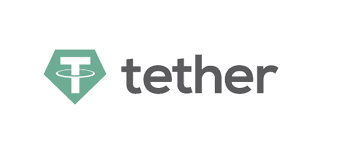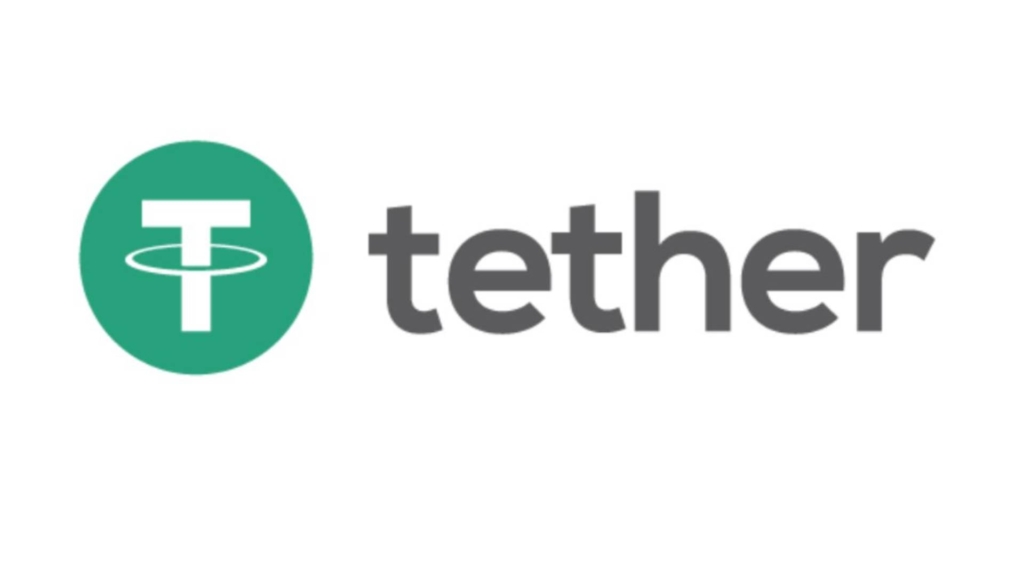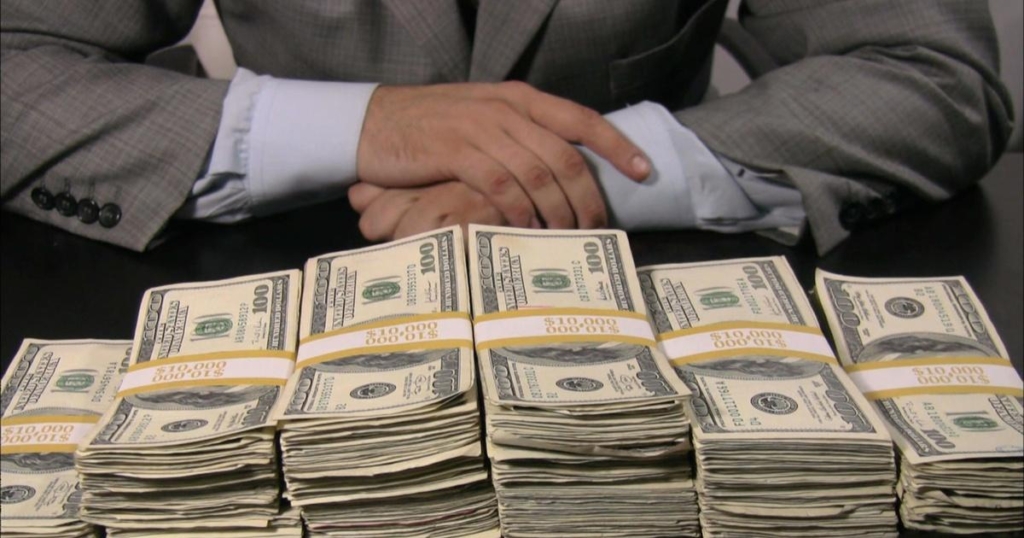Tether, the company behind the stablecoin USDT, has hit back against a recent report from The Wall Street Journal (WSJ) alleging that it had ties to entities that falsified documents to maintain access to banking services.
In the March 3 report, the WSJ claimed that leaked documents and emails showed that Tether and its sister exchange Bitfinex had hidden behind third parties and fabricated transactions to open bank accounts.
Tether refuted the allegations in a statement, calling them “wholly inaccurate and misleading” and stating that the company adheres to Anti-Money Laundering, Know Your Customer, and Counter-Terrorist Financing regulations.
The firm also claimed to be a partner with law enforcement and to assist authorities in the US and abroad. Tether and Bitfinex’s chief technology officer Paolo Ardoino tweeted that the report contained “misinformation and inaccuracies” and referred to the WSJ reporters as clowns.
The WSJ’s review of leaked emails and documents reportedly showed that Tether and Bitfinex had engaged in activities to stay connected to financial institutions that posed an “existential threat” to their business if they were cut off.
A leaked email showed that China-based intermediaries had attempted to “circumvent the banking system by providing fake sales invoices and contracts for each deposit and withdrawal.”
The report also claimed that Tether and Bitfinex had employed measures to bypass controls restricting them from accessing financial institutions, and had links to a company alleged to have laundered money for a US-designated terrorist group, among others.
The WSJ’s sources also claimed that Tether was under investigation by the US Department of Justice, although the nature of the probe is unclear.
Tether has faced multiple allegations of wrongdoing in recent months and previously had to refute a separate WSJ report alleging that four men controlled around 86% of the company.



